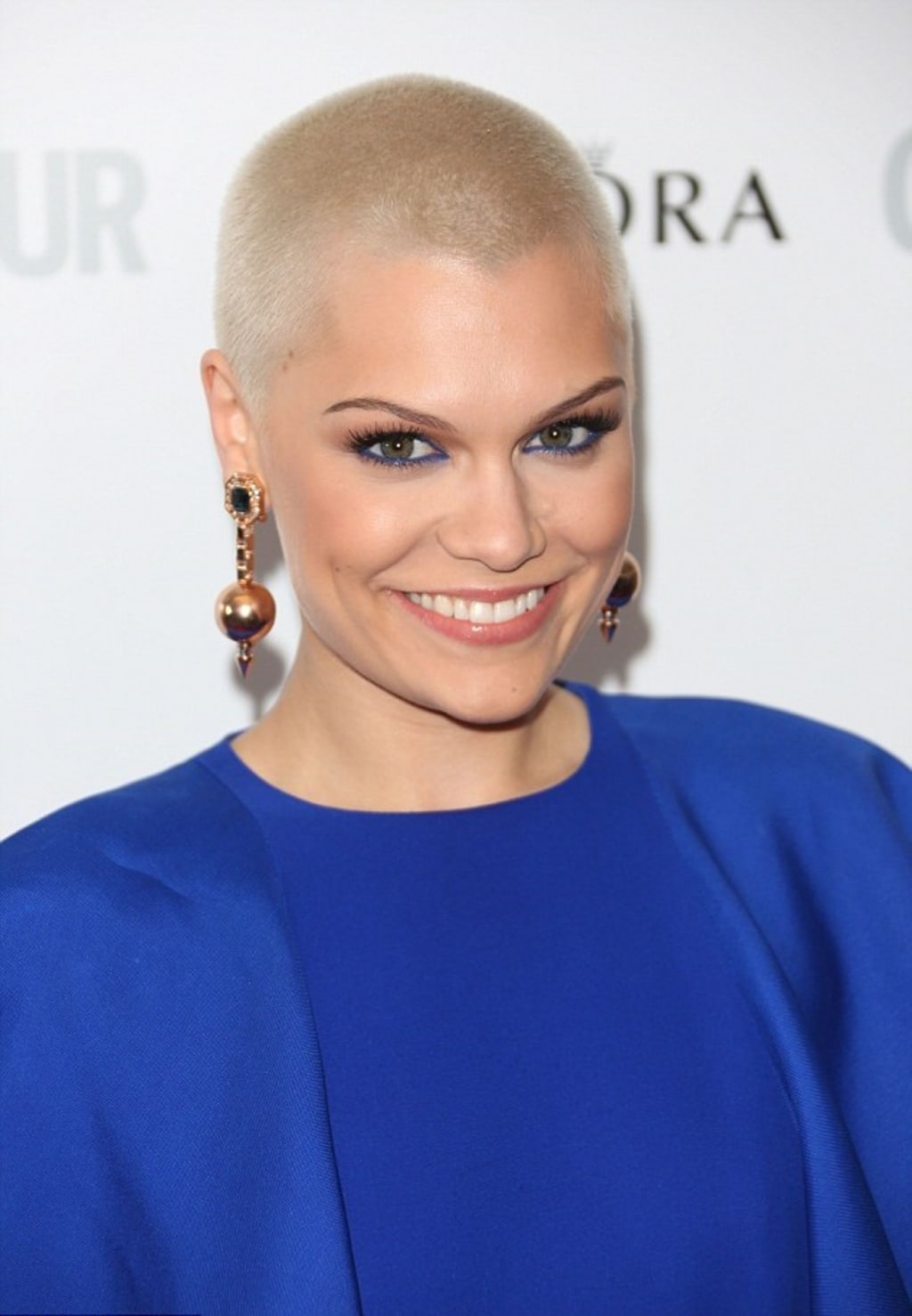Why I Stopped Listening to Jessie J
The disappointment is real.

I was 19 when, in 2010, British singer Jessie J’s first major single, “Do It like a Dude” was released. Intrigued by her confidence and her feminist message that girls do not lack anything and can do whatever it is that boys do, I thought of her as a breath of fresh air. Shortly after her mainstream musical success, in 2011, there were talks about her bisexuality, and Jessie J herself said in an interview with MTV: “I’ve never denied it. Whoopie doo guys, yes, I’ve dated girls and I’ve dated boys—get over it. It’s not a secret, but it’s the only thing they can grab onto.”
“Wow,” I thought. I felt a glimmer of hope. If someone who suddenly became so famous overnight can (almost proudly) declare that they had “dated girls and boys,” did this mean that I, too, was normal? That there were other people like me, people who were attracted to men and women, and who didn’t hide it? Though I had known since childhood that I was attracted to more than one gender, I was, at the time, still closeted and wouldn’t officially come out for another five years. But hearing about people like me, such as Jessie J, really helped, especially since I have always struggled with my mental health. (In fact, studies have shown over and over again that bisexual people struggle more with their mental health than their straight and gay/lesbian counterparts.)
So it was a shock to the system when, in 2014, Jessie J said that her bisexuality was “just a phase.” Please note: I do not police people’s sexuality, and of course people can and should identify however they want. And also, sexuality is fluid, not static, and can fluctuate or even change over time. I was at no point offended that Jessie J is no longer attracted to women or open to dating women, nor was I offended that she would only like to find a husband, with no possibility of finding, for example, a wife. It’s her life, and she knows her own sexuality and future plans better than anyone else. The one thing that did offend me, though, were those three toxic words: “just a phase.”
Bisexual people are regularly told that we are “going through a phase” and will eventually “settle down as either straight or gay,” or eventually “pick a side.” So to hear these words from a previously bisexual-identified person was a kick in the teeth. She had every right to express her own sexuality, how it has changed, and who she is now, but she really spoke without considering the gravity of her words, those three words which have made bisexual people all over the world, time and time again, feel invalidated, unaccepted, and even suicidal. She was meaning to talk about herself, but ended up invalidating a whole sexuality, and further spreading biphobic and bi-erasing myths about our sexuality being “just a phase.”
Even before saying that she is no longer bi, Jessie J was averse to labels, which is another thing that annoys me and other fellow proudly bi people such as Zachary Zane, who explained perfectly the bizarre phenomenon of only bi+ people “not doing labels”; gay/lesbian and straight people always do labels, and in any case, why be ashamed of your bisexuality? “Bisexual” is not a dirty word, and the myths surrounding our sexuality do not make said myths true. But when Jessie J said she didn’t label herself, I gave her the benefit of the doubt, though I did wonder what is wrong with just saying you’re bi. It was the “phase” comment, however, which was the last straw.
After criticism of her saying her bisexuality was “just a phase”, she defended herself, asking whether she should have lied and just said that she was bi. No, Jessie: we’re not saying that you should have lied. We’re saying that the phrase “just a phase” is a highly toxic and biphobic phrase. We’re saying that you could have used different, unloaded words—not the very words which have discredited our sexuality since time immemorial. That’s all we’re saying.
She later admitted that she “need[s] to know when to shut up.” Though this was an apology of sorts, the damage had already been done, and the Jessie J magic for me, and hundreds or thousands of other fans, had already been lost. The sad thing wasn’t that she was no longer “one of us” (LGBT+), but that she had used the very words we bi+ people hate the most. And that is why I stopped listening to her music. Not as a boycott. Just because it reminds me of the disappointment we all felt.
About the Creator
Kimia Etemadi
Kimia is a writer, translator, interpreter and teacher from Manchester, England. She loves travelling, learning languages, and experiencing different cultures. She has lived in six countries and visited more than forty.






Comments
There are no comments for this story
Be the first to respond and start the conversation.